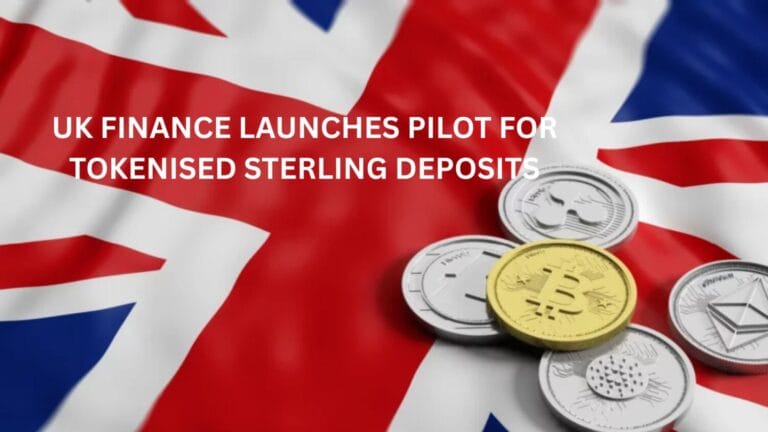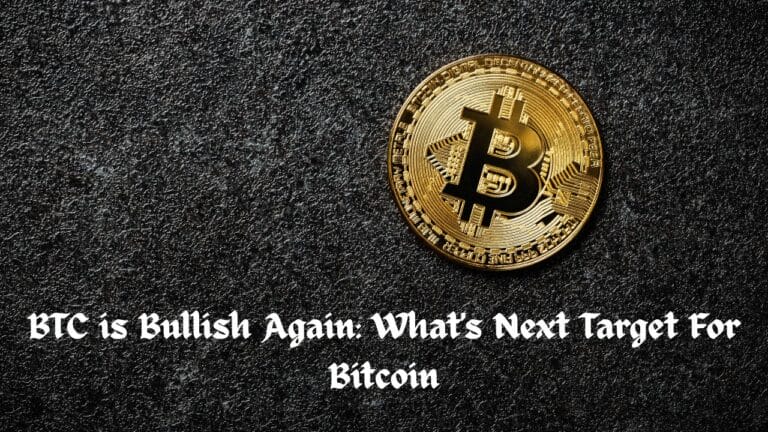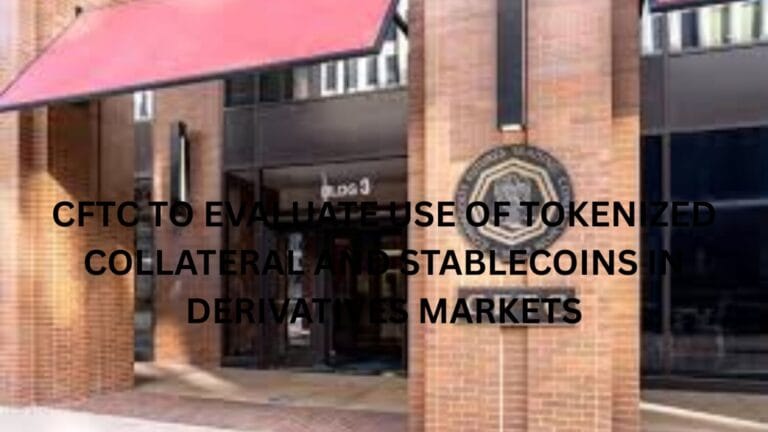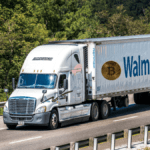Key Takeaways:
- The Monetary Authority of Singapore (MAS), the nation’s central bank, has requested information from a few digital asset companies.
- The retail customer is being protected by tighter safeguards, according to MAS.
Singapore’s regulators will ask several questions about cryptocurrencies to get businesses ready for changes, and MAS has issued certain businesses a very thorough questionnaire. Additionally, regulators are anticipated to increase cryptocurrency regulation shortly.
Following the failure of the Singapore-based cryptocurrency hedge fund Three Arrows Capital and the Singapore-registered Terraforms Labs and Vauld, the central bank plans to alter the regulations on cryptocurrencies.
According to the people, who asked to remain anonymous because the procedure isn’t public, the Monetary Authority of Singapore sent a questionnaire to some applicants and license holders for its digital-payments license, asking for precise information about their business activity and holdings.
Further, to better understand the dangers, the MAS is also asking regional cryptocurrency exchanges about the procedures they follow before going live after receiving a highly sought-after license for a digital payment token business.
The regulator requested information such as the number of tokens owned, the top lending and borrowing counterparties, the number of loans, and the top tokens staked via the decentralized-finance protocols, according to several people and a spreadsheet seen by Bloomberg News and sent to the companies.
The MAS has so far granted 10 licenses to cryptocurrency businesses in Singapore, including exchanges like Crypto.com and the brokerage division of DBS Bank called DBS Vickers. Out of the almost 200 known firms that have sought the license, that is a very small portion.
The MAS particularly referred to gaps in Singapore’s current crypto legislation, saying that companies that provide services for digital payment tokens are not subject to risk-based capital or liquidity criteria.
Additionally, they are not presently mandated to safeguard client funds or digital tokens from bankruptcy risks. Instead, legislation primarily focuses on technological hazards, money laundering, and financing of terrorism threats.
The MAS has been trying to restrict access to the volatile market for “unsophisticated persons.” The organization prohibited even the selling and advertising bitcoin services in public places.
Additionally, they have been watching for marketing that downplays the dangers of investing in virtual assets.
They even created new rules for the companies that provide digital payment token services, or DPT services, and required them to abide by them.
The MAS has so far granted 10 licenses to cryptocurrency businesses in Singapore, including exchanges like Crypto.com and the brokerage division of DBS Bank called DBS Vickers.
Out of the almost 200 known firms that have sought the license, that is a very small portion.
The MAS particularly referred to gaps in Singapore’s current crypto legislation, saying that companies that provide services for digital payment tokens are not subject to risk-based capital or liquidity requirements.
Additionally, they are not presently mandated to safeguard client funds or digital tokens from bankruptcy risks. Instead, legislation primarily focuses on technological hazards, money laundering, and financing of terrorism threats.










